Getting prequalified for a Michigan marijuana license would be the first step to hop into the cannabis industry in Michigan. And with the medical and recreational marijuana industry growing as fast as it is, it may be worth your time hopping in.
We already covered how to get a Michigan marijuana growers license in the past. In this instance, we are going to focus on the first step of this “two-step” program, namely, the prequalification for your Marijuana License.
What’s the importance of getting prequalified for a Michigan marijuana license?
The answer to this question is, in essence, fairly simple: if you’re not prequalified to get a Michigan marijuana license, you won’t be granted a license and, obviously, you won’t be able to own a marijuana establishment.
But, also, as a prequalification application is good for two years from the prequalification date, you could begin the process while you seek the location for the proposed marijuana facility, which could be a good strategy to put one foot inside the industry and save time in the long run.
Currently, there are six types of Michigan marijuana licenses available:
- Grower
- Processor
- Retailer
- Secure Transporter
- Provisioning Center
- Safety compliance facility
If you want to know more about these licenses and what they cover, you might want to check our ‘How to Get Your Marijuana License in Michigan’ article where we cover it.
It’s important to notice that all Michigan marijuana licenses start with a prequalification application. The idea of this prequalification process is to check for entities and individuals who are hoping to own and operate marijuana establishments.
The prequalification involves quite a bit of audit of the applicant’s financial and operational history, as well as relevant information such as data of all significant stakeholders and their spouses. In this sense, applicants undergoing the prequalification process will be required to collect, process, and submit a significant amount of information to the MRA.
RELATED POST: HOW TO GET A GROWERS LICENSE IN MICHIGAN
RELATED POST: MICHIGAN MARIJUANA LAWS
Steps and requirements to get prequalified for a Michigan Marijuana license
For the main applicant:
For the prequalification process, the main applicant -entity or individual seeking to hold the marijuana establishment license- will have to:
- Submit a step 1 prequalification application, which is an Entity/Individual Prequalification Packet (EIPP). This packet must include a passport-type photo, a copy of your government-issued ID, and all other supporting documentation listed in the EIPP document checklist.
- In the EIPP, you have to indicate the type of license you are applying for and fill out all required personal and business information. You’d also need to sign and notarize several attestations and authorizations.
- Pay a $6,000 non-refundable application fee at the time of filing to defray the costs associated with the background investigations and fingerprint processing.
For the supplemental applicants:
Fortunately, there is no application fee for supplemental applicants. Although they also would have to submit a step 1 prequalification application.
Prequalification requires the MRA to perform a background check on the entity or individual that will own the cannabis license (also known as “The Main Applicant”). Once the MRA identifies who the Main Applicant is, its ownership structure will determine the stakeholders associated with the Main Applicant.
These stakeholders (supplemental applicants) are identified after analyzing three main factors:
- Ownership,
- Management and
- Control.
So, any entity or individual with the authority to control or direct the affairs of the Main Applicant must also prepare prequalification materials.
It’s of importance to note that ownership has been notably difficult to use as a factor to identify the supplemental applicants, which is why the licensing system has implemented the 10% rule, which states that supplemental applicants include any entity or individual with greater than 10% of the ownership interest, either directly or indirectly, in the Main Applicant.
Direct ownership is easy to determine. The issue comes with indirect ownership interest. So, take for example a Main Applicant that is owned by four stakeholders: three holdings each with 30% of the ownership, and an individual with 10% of the ownership.
In this case, the individual, by owning only 10% of this entity, is not a Supplemental Applicant, but the three holding companies must submit Supplemental Applicant applications.
However, even though the individual is not considered Supplemental Applicant based on ownership, he can still be considered Supplemental Applicant if he holds a position of a corporate officer, manager, director, or, in general, any other control position within the Main Applicant.
Examples of supplemental applicants include but are not restricted to: landlords (in case the Main Applicant is a tenant in its facility), spouses, holdings, and individuals that possess more than 10% of the Main Applicant ownership interest, the director of a company, etc.
Although supplemental applicants differ depending upon business structure, the MRA provides examples of business structures that depict supplemental applicants.
Once you have completed the EIPP and collected all required documentation including SAPPs for all individuals associated with your application, submit your prequalification packet either in person, by mail, or through LARA’s online application portal.
After all background checks have been completed and your documentation has been processed and approved, you’ll be eligible to move on to the second step in the Michigan marijuana licensing process.






